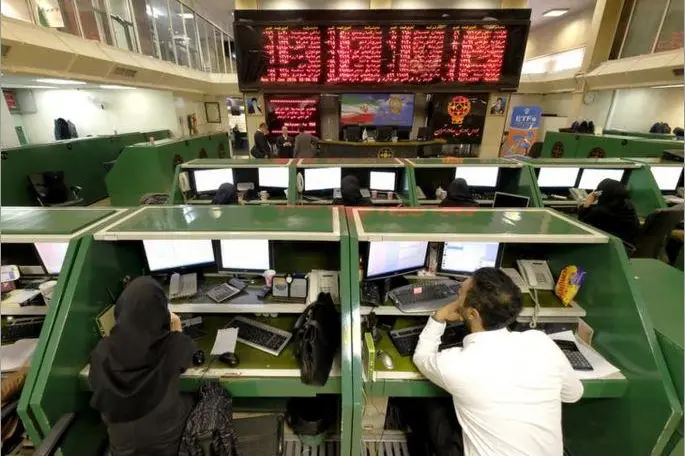PHOTO
Dec 15 (Reuters) - Iran's central bank will take chairmanship of the Islamic Financial Services Board (IFSB) for the year 2017, a move that could help align practices in the country's banking system with peers across Asia and the Middle East.
Shut out of the global system by sanctions, Iranian banks are eager to resume business with foreign lenders with deals ranging from funding infrastructure to insuring foreign trade.
Years of isolation have led the country to develop practices that can contrast with those in other Islamic financial centres, but a prominent role within the Kuala Lumpur-based IFSB could help narrow those differences.
The IFSB Council said late on Wednesday it had appointed Iran's central bank governor Valiollah Seif as chairman effective from Jan. 1, with Bangladesh Bank governor Fazle Kabir as deputy chairman.
The IFSB is one of the main standard-setting bodies for Islamic finance, setting prudential guidelines covering areas including governance, capital adequacy and liquidity risk management.
Since 1983, Iran's entire banking system has followed Islamic principles, which includes 34 Islamic banks that held total assets of 14,451 trillion rials ($448 billion) as of March.
This represents around a third of total Islamic banking assets globally, although Iran's version of Islamic finance can differ with what is observed in other Muslim-majority countries.
For instance, Islamic finance is interpreted by scholars around the world to ban the payment of interest. This is also observed in Iran, although banks charge a profit rate that is periodically set by the central bank, a measure partly borne out of efforts to curb high inflation.
Derivative contracts are also used in Iran's capital market, while Islamic banks elsewhere are barred from using conventional options and future contracts.
There are also differences in trading some debt instruments: A common type of Islamic bond traded in Iran uses a deferred sale contract known as salam, while buying and selling salam contracts has been disallowed in most other markets for over a decade.
($1 = 32,226.0000 rials)
(Reporting by Bernardo Vizcaino; Editing by Simon Cameron-Moore) ((Bernardo.Vizcaino@thomsonreuters.com; Telf: +61293218168; Reuters Messaging: bernardo.vizcaino.thomsonreuters.com@reuters.net))
Keywords: ISLAMIC FINANCE/IRAN





















